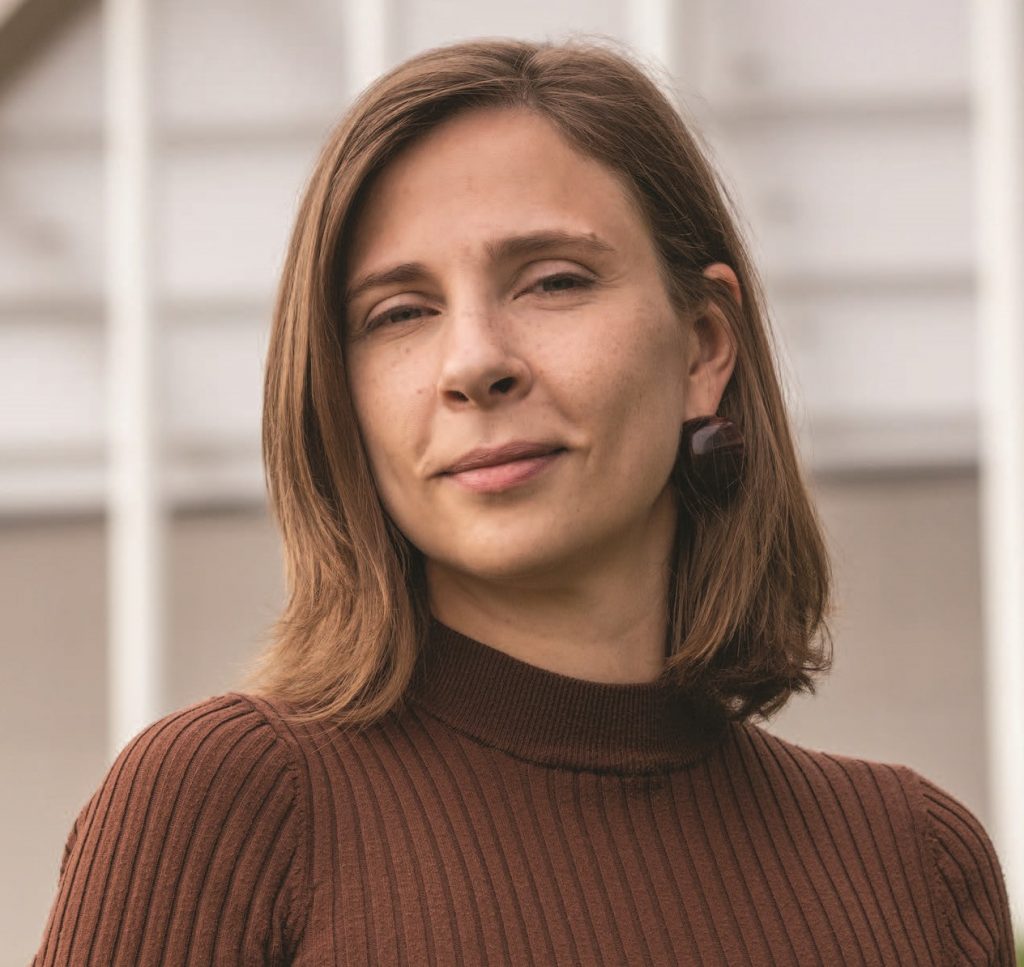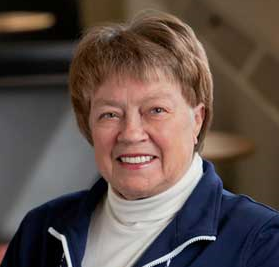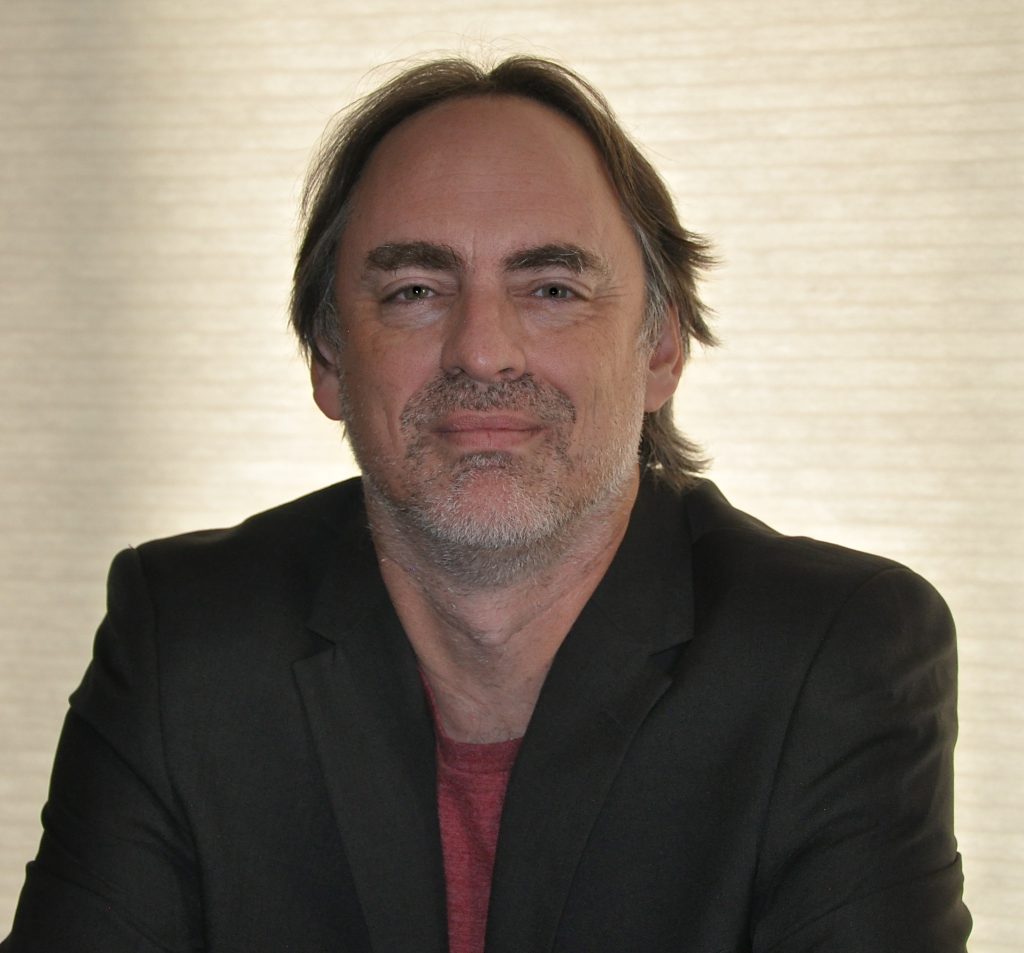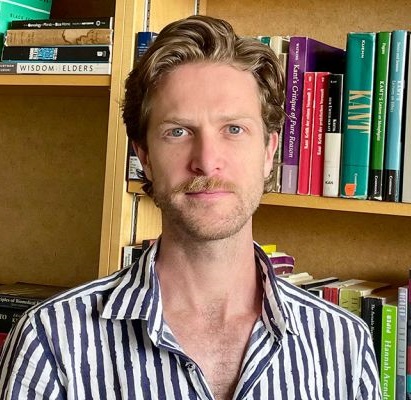Want to become a research fellow? Check out the “opportunities” tab!

Dr. Katharina Stevens (CTCE Lab Co-Director)
email: katharina.stevens@uleth.ca
Kat Stevens is an Associate Professor of Philosophy at the University of Lethbridge. She specializes in Argumentation Theory, specifically the ethics of argumentation and arguing with precedents. She is the co-editor of the journal Informal Logic, which will soon move to the University of Lethbridge. She is also a co-organizer of the Online Speaker Series on the Ethics of Argumentation. She recently published a monograph on “The Ethics of Argumentation”. Right now, she is working on a supplemental textbook on the ethics of argumentation for critical thinking courses called “How to Argue without being a Jerk”. Her new research project addresses voice allocation in interpersonal argumentation. You can find a list of her publications here and here.
If you want to do a project having to do with the ethics of argumentation, voice and silencing in argumentation, or argumentation theory and critical thinking education in general, take a look at our “opportunities” tab and contact her.

Dr. Susan Dieleman (CTCE Lab Co-Director)
email: susan.dieleman@uleth.ca
Susan Dieleman is an Associate Professor of Philosophy and Jarislowsky Chair in Trust & Political Leadership at the University of Lethbridge. She specializes in political philosophy, pragmatism, and feminist philosophy, focusing on questions about how to make democracy more inclusive and just. She is a co-editor of and contributor to The Ethics of Richard Rorty: Moral Communities, Self-Transformation, and Imagination as well as Pragmatism and Justice. Currently, she is working on a monograph that develops a nonideal theory of deliberative democracy informed by pragmatist and feminist theory, as well as a series of projects on the nature of trust and the relationship between distrust and resistance movements. You can find a list of her publications on her PhilPeople profile here, her ORCiD profile here, or her Google Scholar profile here. You can learn more about the Network of Jarislowsky Chairs in Trust & Political Leadership here.
If you want to do a project having to do with dis/trust and/or political epistemology, take a look at our “opportunities” tab and contact her.

Dr. Trudy Govier
Trudy Govier is a Canadian philosopher best known for her work in the areas of informal logic and social philosophy. She has taught at Trent University, the University of Calgary, and the University of Lethbridge. Her many books and papers include the widely used text A Practical Study of Argument (seven editions); Problems in Argument Analysis and Evaluation; The Philosophy of Argument; Forgiveness and Revenge; and Dilemmas of Trust. Trudy has a strong interest in issues of peace and conflict and was a co-founder in 1982 of the Calgary Ploughshares group, initially a branch of the national group, Project Ploughshares. She has also worked with Healthy Calgary, the Calgary United Way, the Calgary Birth Control Association and the Calgary Association for Lifetime Learners. Trudy retired in 2012 but remains active, initiating projects and responding to requests, especially in the area of informal logic.

Dr. Yale Belanger
Yale Belanger is a Professor of Political Science at the University of Lethbridge. His current project addresses the misinformation, disinformation and polarization that characterizes the public perception of homelessness. In his current project, he’s started analyzing how small-city media outlets and municipal governments frame homelessness, focusing on how these narratives shape public perception and policy. What concerns him most is the prevalence of misinformation and disinformation, especially when homelessness is portrayed primarily as a public safety issue. Why do local leaders increasingly default to these alarmist portrayals? And how does this affect how residents perceive the issue? This use of fear-based rhetoric isn’t new—it’s a longstanding political tactic. As homelessness becomes more visible and complex, the public discourse has also grown more polarized as the institutions that present homelessness as a threat to community stability are, arguably, themselves contributing to the very instability they claim to oppose. By critically examining and confronting these narratives, he aims to help create space for dialogue that moves beyond fear, reducing polarization and encouraging more thoughtful, practical responses.

Dr. Nicholas Dunn
Nicholas Dunn is an Assistant Professor of Philosophy at the University of Lethbridge. His primary research project aims to understand the nature of judgment as a capacity of the mind across the various spheres of human life, especially the moral and political domains. He has published on topics such as disagreement, polarization, imagination, and affectivity – drawing, in particular, on the thought of Immanuel Kant and Hannah Arendt. He is co-editing a forthcoming special issue of Philosophy & Rhetoric on the theme of the desirability of thinking and speaking with others (with Nirvana Tanoukhi, Dartmouth College). He is also the editor of a forthcoming volume on Hannah Arendt’s Lectures on Kant’s Political Philosophy (De Gruyter Brill). His latest project examines the relationship between human judgment and artificial intelligence, as well as the impact of AI on critical thinking. Nicholas received his PhD from McGill University. He joined the University of Lethbridge in 2025. To learn more about his work, visit here.

Dr. Amy Mack
Amy Mack is an Assistant Professor of New Media and Canada Research Chair (Tier II) in Digital Extremism. A cultural anthropologist by training, she now works in the fields of critical far-right studies and preventing and countering violent extremism (P/CVE). She leads several national research projects focused on the relationship between social media, disinformation and extremism. These projects explore how hate-based ideologies circulate online and manifest offine. She works closely with federal and municipal governments, frontline practitioners and communities to support efforts to counter hate, bias and extremism in southern Alberta. Her Countering Digital Extremism Lab, which provides research and skill-building opportunities for students and faculty, translates this academic knowledge into public-facing outputs that use new media technologies like podcasts, documentaries and social media campaigns.

Brent Saccucci
Brent Saccucci is a teacher and educational researcher working across Canada to combat misinformation and censorship targeting queer and trans youth. He holds two master’s degrees in education: an MEd in Curriculum Studies from the University of Alberta and an MA in Curriculum & Pedagogy from the Ontario Institute for Studies in Education (OISE) at the University of Toronto, where his SSHRC-funded research explored queer phenomenology and critical epistemology in education. He is currently a full-time faculty member in the Faculty of Education at the University of Lethbridge, where he teaches and has developed new courses in media literacy, sociology and philosophy of education, as well as co-teaching the university’s largest cross-faculty course on misinformation. Brent’s central project in collaboration with CTCE Lab in 2026 will be creating the ‘Teaching Institute on Misinformation & Media Literacy’, a day of teaching, learning, and sharing, where students, staff, librarians, researchers, and teachers come together to discuss the nexus of media and information literacy in an increasingly polarized digital world fuelled by distrust in power and democracy.

Jennifer Otto is a historian who specializes in the intellectual history of early Christianity in the Roman Empire (c.100–430CE) and the emergence of Anabaptism in the sixteenth century. Her current research project, The Possibilities and Perils of Religious Pluralism, explores historical debates concerning what kinds of religious deviation can be tolerated within a society, and when that deviation becomes intolerable. Broadly, my research seeks to illuminate the reasons that Christian minorities have articulated in their appeals for inclusion and toleration, and the reasons that Christian majorities have offered to justify imposing limits on toleration of dissidents and other religious minorities. As a historian, she is particularly interested in how these discourses have changed over time and continue to influence our current polarized context, in which the inheritance and legacies of Christianity remain highly contentious.